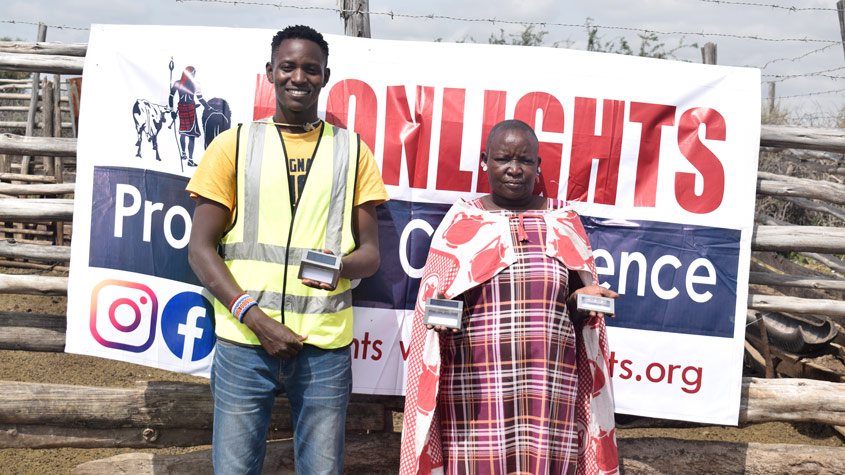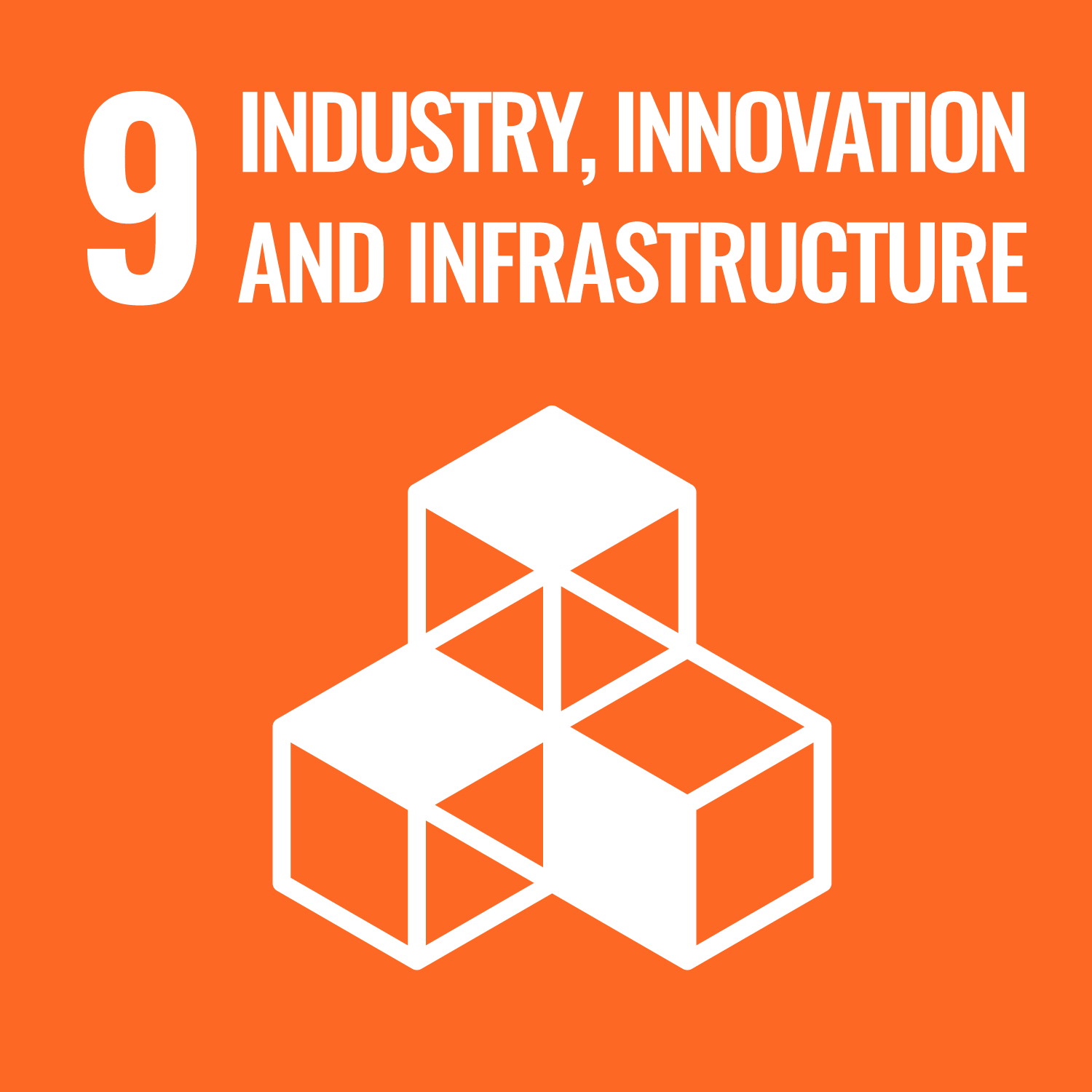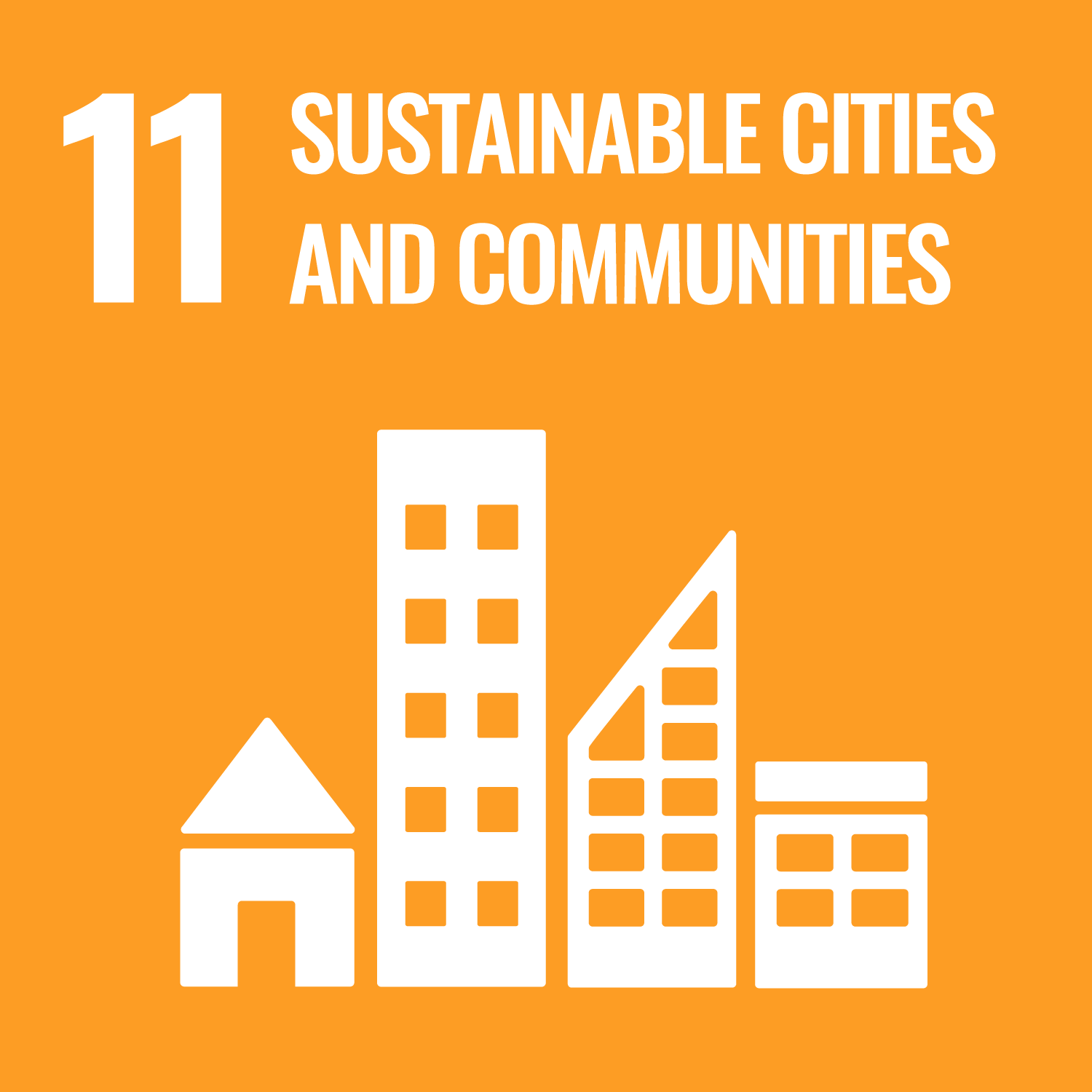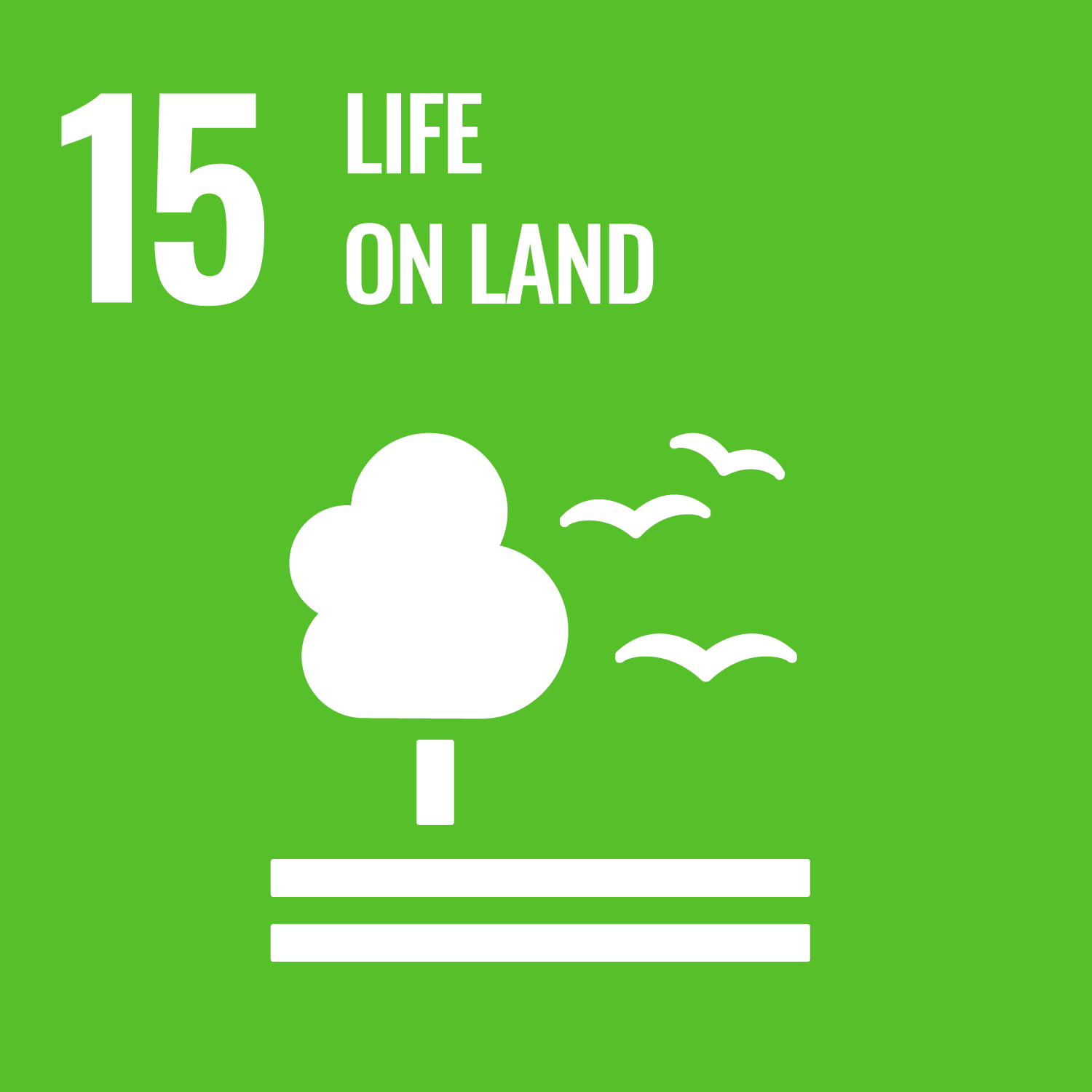Lion Lights: Shedding Light on Wildlife Protection in Africa
One of the major challenges in Africa is the conflict between humans and wildlife. With population growth, humans are increasingly encroaching on animal habitats, leading to growing tensions between human settlements and wildlife. The young Maasai inventor and founder of Lion Lights, Richard Turere, has developed an innovative flashing light system that scares off predators before they attack livestock. By harnessing innovation and technology in this way, he believes it is possible for humans and wildlife to coexist peacefully in Kenya and beyond.
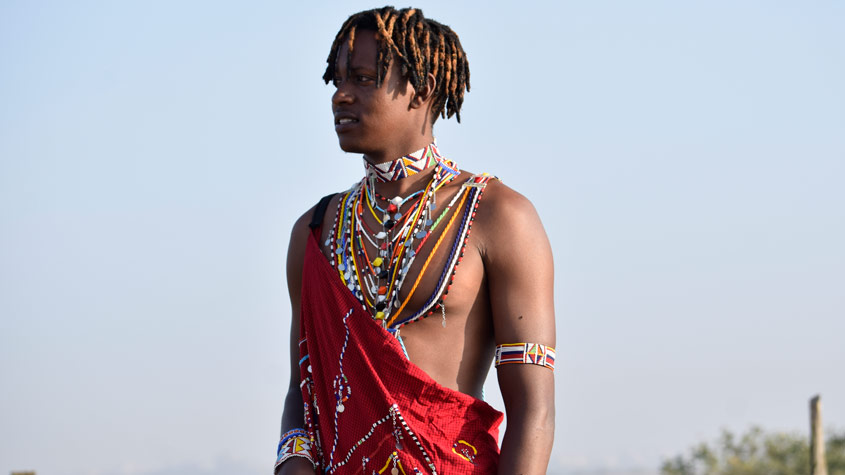
Kenya is home to an expanding human population and to Africa’s iconic predators, particularly lions, which frequently prey on farmers’ livestock and damage their livelihoods. To protect their animals, and deter these meat-eating predators, farmers often resort to using highly toxic pesticides or even spears. While these measures have been more or less successful in terms of safeguarding farmers’ livestock and their livelihoods, in recent decades, their use has resulted in a sharp decline in the lion population. Kenya’s lion population stands at just 2,500.
Recognizing the need for farmers to safeguard their livestock, and the conservation imperative to preserve the local lion population, the young Massai inventor came up with the innovative Lion Lights™ system to ward off predators from livestock enclosures. Turere is deploying his technology in Kenya and beyond through the Lion Lights Foundation. His Lion Lights™ system is a shining example of how innovation can transform communities and address pressing wildlife conservation challenges.
Livestock protection from predators
At the age of nine, Turere was given the task of caring for his father's cattle in Kitengela, at the southern part of Nairobi National Park. The park is one of Kenya’s most renowned wilderness areas, where lions, leopards, cheetahs and other predators roam freely.
“I was just nine years old when my father gave me the responsibility of protecting our cows. Since our home was close to the Nairobi National Park, we frequently experienced conflicts with wild animals,” he recalls. “I couldn't bear to see lions harmed by humans when they tried to hunt our cows. It made me sad because I have always felt a deep love for these magnificent creatures.”
Determined to find a solution that would benefit both local farmers and wildlife, Turere started experimenting. “At that time, I was very curious and started experimenting with different solutions, like lighting fires and using scarecrows, to ward off the wild animals. But, none of them worked because predators are clever," he explains. “The only thing that worked was when I wandered around the livestock pen with a torch in hand. The sight of me walking around at night with a light was enough to scare the animals and make them run away.”
This inspired Turere to develop the Lion Lights™ system, a series of flashing LED lights strategically placed around the cattle enclosure area to ward off predators. “I created a sequence of lights that flash intermittently. The sequence changes over time to trick lions into thinking that someone is walking around with a flashlight. Thanks to my invention, we went from losing three cows a week to none,” says Turere. This innovative solar-powered light system – which can also run on wind power - costs just USD 20.5 per unit, making it an affordable and eco-friendly solution for livestock owners.

 on YouTube).
on YouTube).Engaging wildlife conservation through innovation
In 2013, Turere established the Lion Lights Foundation to promote the uptake and use of his automated lighting system in areas most prone to attacks from large predators. The Foundation works with local communities to install the system around livestock pens. In enabling communities and wildlife to coexist peacefully, the Foundation is also helping to restore local wildlife populations.
Turere notes, however, that persuading local people to use his system was a challenge. “It was not easy to introduce this invention to the community,” he recalls. “The Maasai community had no prior experience with technology, and they were skeptical about using it.” However, Turere’s persistence paid off. Despite initial resistance, he succeeded in persuading these communities to adopt his invention. “As an entrepreneur, consistency is your best resource. Even if it takes ten years for people to accept your invention, perseverance is key. Believing in yourself is also crucial," he says. Today, his Lion Lights™ system is used in over 2,300 smallholdings across Kenya.
The Lion Lights Foundation also collaborates with multiple organizations across Africa to implement the technology. “Partnerships are really important and have enabled the Foundation to successfully distribute the Lion Lights™ system across Africa. Today, it is being used in Botswana, Namibia, Tanzania and Zimbabwe. The system has also attracted international attention overseas. For example, in Argentina and India, it is being used to deter pumas, hyenas and other predators from attacking livestock,” Turere explains.
In terms of impact, Turere’s invention is not only safeguarding the livelihoods of local communities, it is also changing the perceptions of local African communities towards wildlife. “Since the introduction of the Lion Lights™ system in the community, there have been no predator-related incidents. As a consequence, local people no longer view wildlife as the enemy,” he notes. “This is great news for these wonderful animals as it means that local communities are more open to wildlife conservation.”
Thanks to Lion Lights™ system, there has been a shift in the mindset of the locals and lions are no longer considered enemies.
IP enabling wildlife conservation
Turere’s IP-backed invention has had a significant impact on his community, in terms of safeguarding valuable livestock of farmers, and changing local attitudes to wildlife conservation. Recognizing the usefulness of his invention to many communities across Africa, and its income-generating potential, Turere took steps to protect his invention at an early stage. The system is currently protected as a utility model.
“I have protected my innovation with a utility model. This allows me to share the knowledge behind my innovation with partners and organizations while also ensuring others don’t copy and free-ride on my idea. And of course, it also means that I can generate income from my invention," says Turere. “Unfortunately, people are quick to imitate ideas. That’s why it is crucial that entrepreneurs protect their innovations as soon as they conceive them, rather than wait until they have a product in the market.”
Turere's dedication and innovative spirit have not gone unnoticed. In July 2023, Turere won the Young Inventors Prize at the 2023 European Inventor Award for his innovative light system. “This achievement not only serves as a motivation for me to continue innovating, but also validates the positive impact that Lion Lights has on land and life,” he says.
